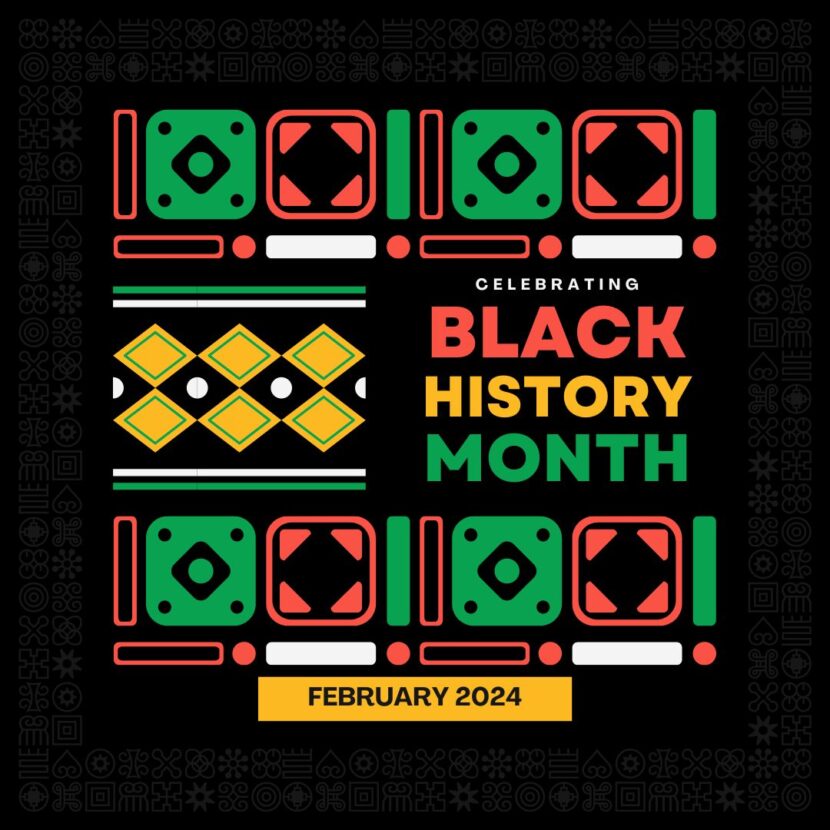
Unveiling Overtown
A Journey Through Black History
February 2, 2024
Introduction
As we celebrate Black History Month, we embark on a journey through the vibrant tapestry of Overtown, Florida—a community rich in African American history, resilience, and cultural contributions. Nestled in the heart of Miami, Overtown has been witness to significant moments that shaped the narrative of Black heritage. Let's explore the landmarks and stories that define this historical enclave.
Dorsey House: A Pillar of Strength
Our journey begins with the iconic Dorsey House, a testament to the endurance of the Overtown community. Established in 1913, Dorsey House served as a cultural hub, providing a haven for artists, intellectuals, and families. Notable figures such as Mary McLeod Bethune, Langston Hughes, W.E.B. Du Bois, Zora Heale Hurston, Count Bassie, and a host of other well-known celebrities and politicians graced its halls, leaving an indelible mark on Overtown's legacy.
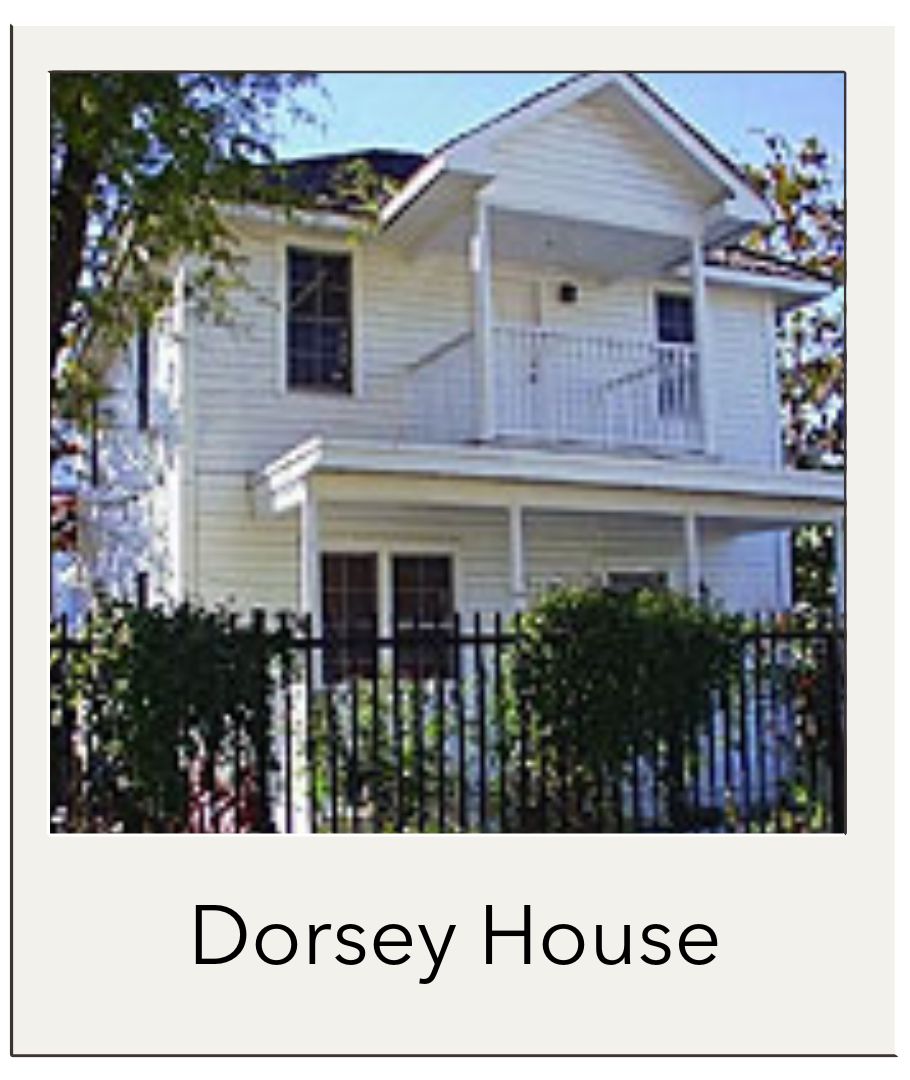
Historic Ward Rooming House: Sheltering Dreams
The Historic Ward Rooming House stands as a living monument to Overtown's past. Constructed in [year], this establishment played a pivotal role in providing lodging and a sense of community during times of segregation. Today, it stands as a beacon of resilience, preserving the spirit of those who sought refuge within its walls.
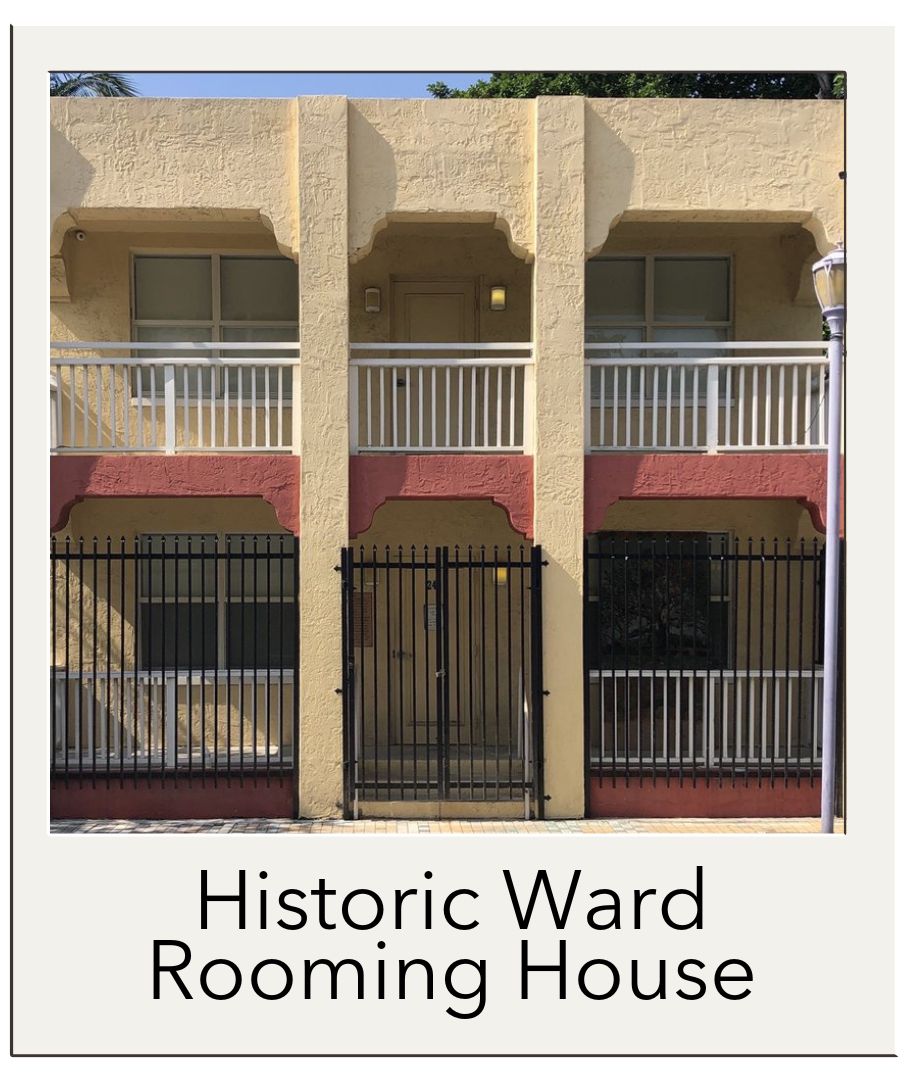
Dunn's Josephine Hotel Miami: Where History Checked In
Dunn's Josephine Hotel Miami, a cornerstone of Overtown's history, welcomed luminaries such as Musicians: Josephine Baker, Cab Calloway, Duke Ellington, Billie Holiday, Count Basie, Louis Armstrong, Lionel Hampton, and Ella Fitzgerald. Athletes: Muhammad Ali (Cassius Clay at the time), Jesse Owens, and Jackie Robinson. Civil Rights Leaders: Malcolm X and Dr. Martin Luther King Jr. Authors: Langston Hughes and Zora Neale Hurston. And Entrepreneur: Madam C.J. Walker during its heyday. With a storied past that intertwines with the cultural fabric of Overtown, this historic hotel remains a symbol of elegance and inclusivity.
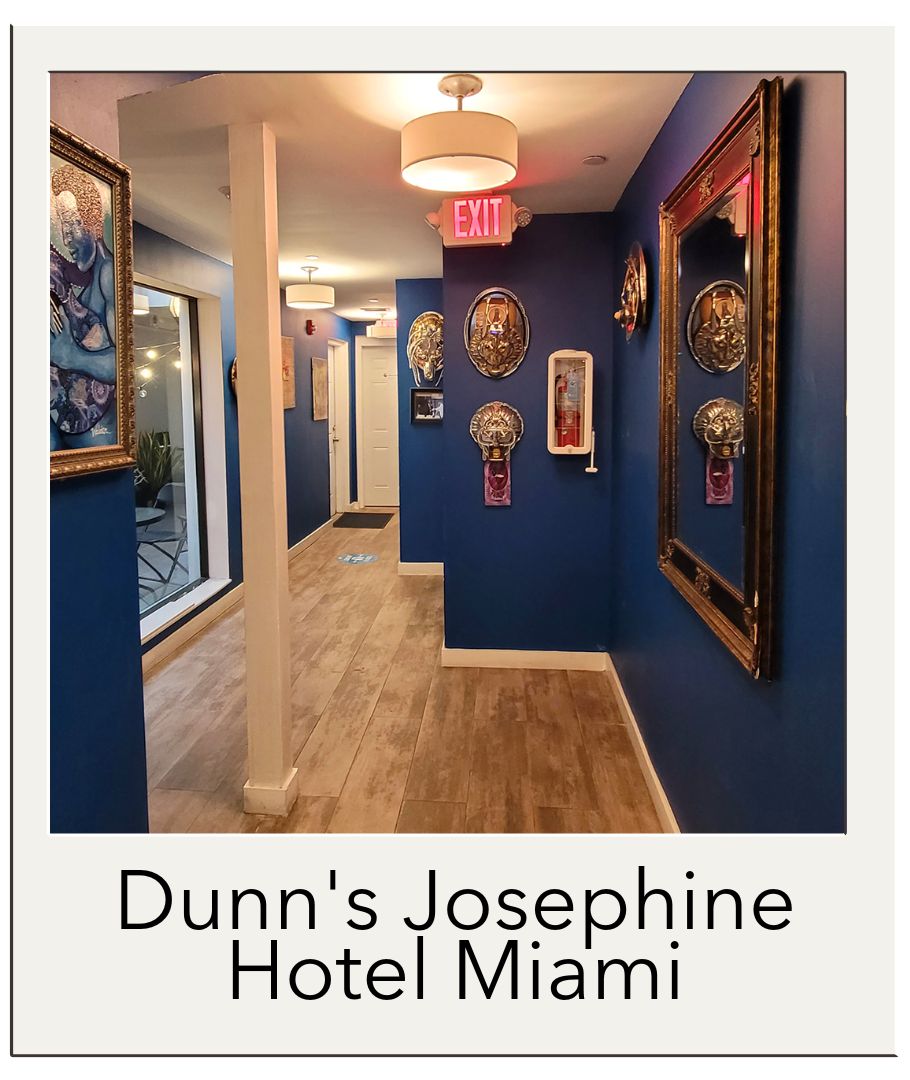
Lyric Theater: A Stage for Change
The Lyric Theater, dating back to 1913, has been a stage for groundbreaking performances and cultural expression. From the era of the Harlem Renaissance to today, the Lyric Theater continues to be a catalyst for artistic innovation, showcasing the resilience and creativity of the Overtown community.
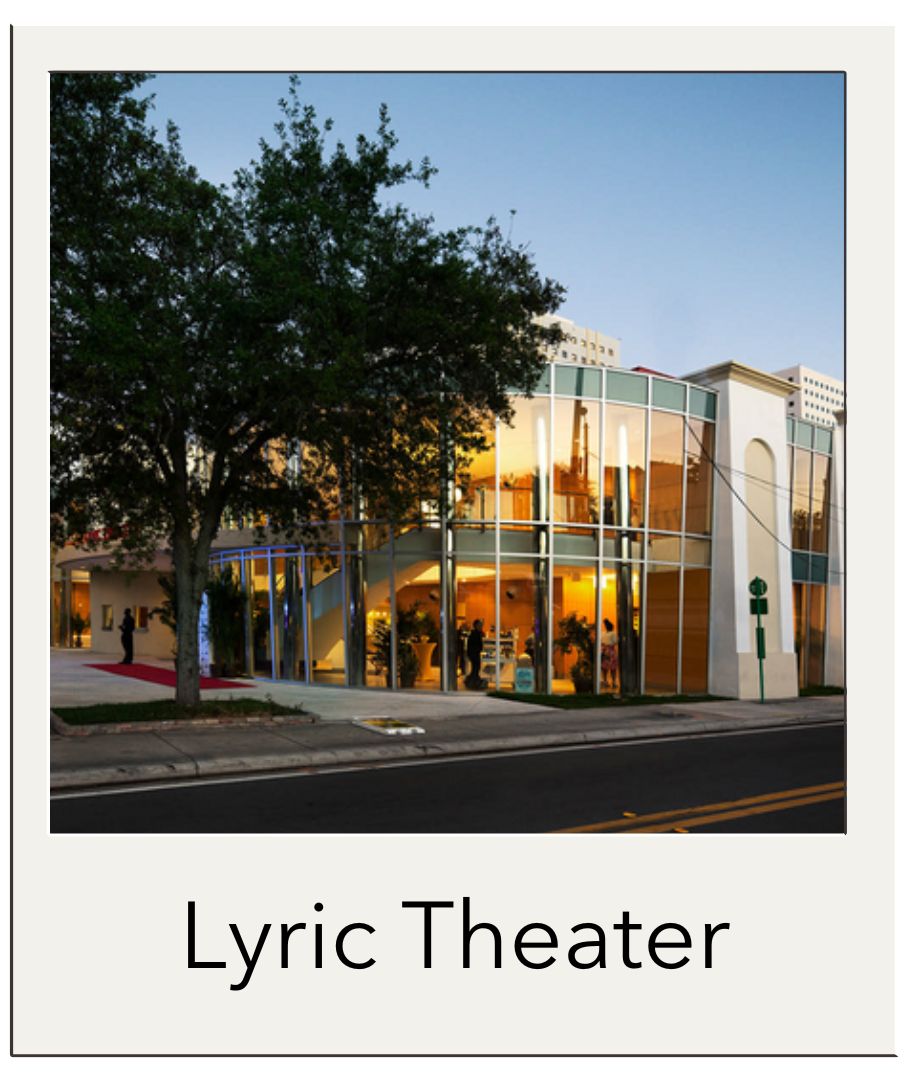
Overtown Performing Arts Center (OPAC): Shaping the Future
In the heart of Overtown, the Overtown Performing Arts Center (OPAC) stands as a testament to the community's commitment to the arts. Hosting a myriad of performances, exhibitions, and events, OPAC is a dynamic space that bridges the past, present, and future of Overtown's cultural landscape.

Culinary Heritage: Flavors of Overtown
Overtown's culinary scene is a melting pot of flavors and stories. From the soulful dishes at Red Rooster Overtown, Lil GreenHouse Grill, and House of Wings to the legacy of Two Guys Restaurant and World Famous House of Mac, each restaurant tells a tale of cultural fusion and community pride. These establishments not only tantalize the taste buds but also contribute to the rich narrative of Overtown's history.
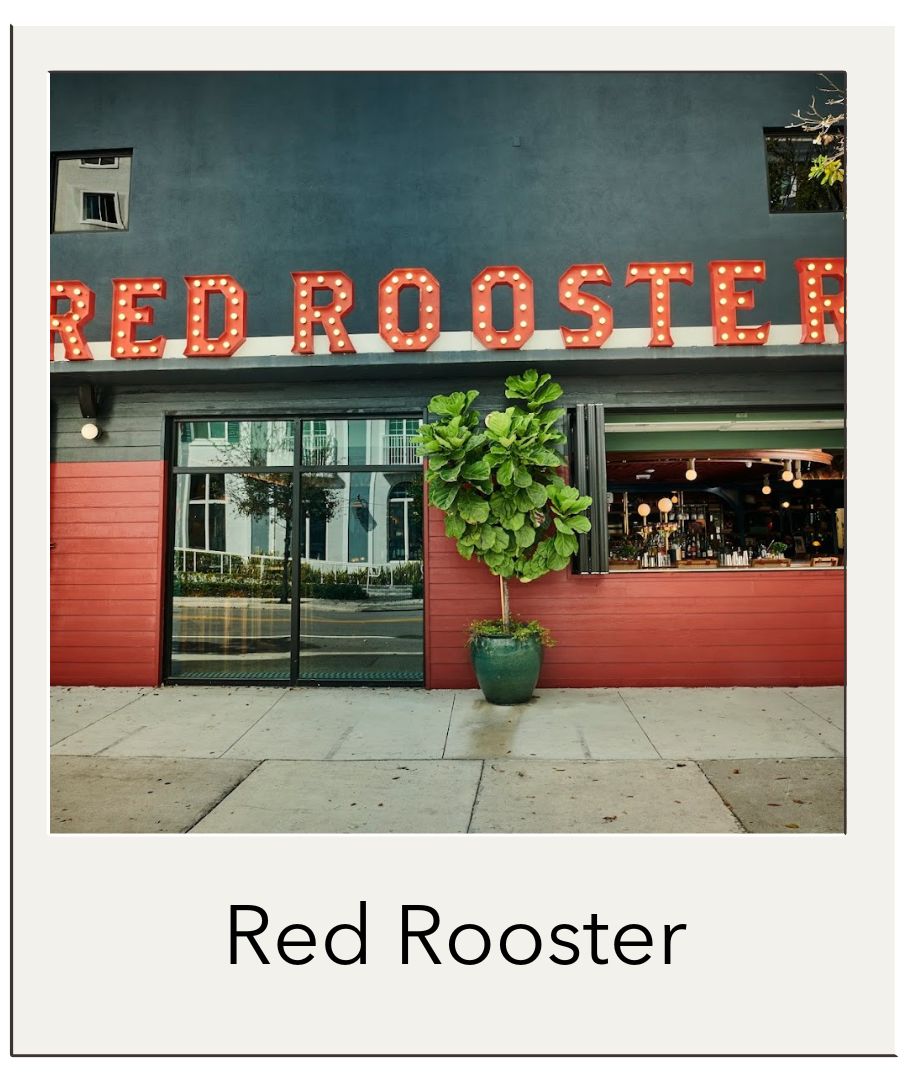
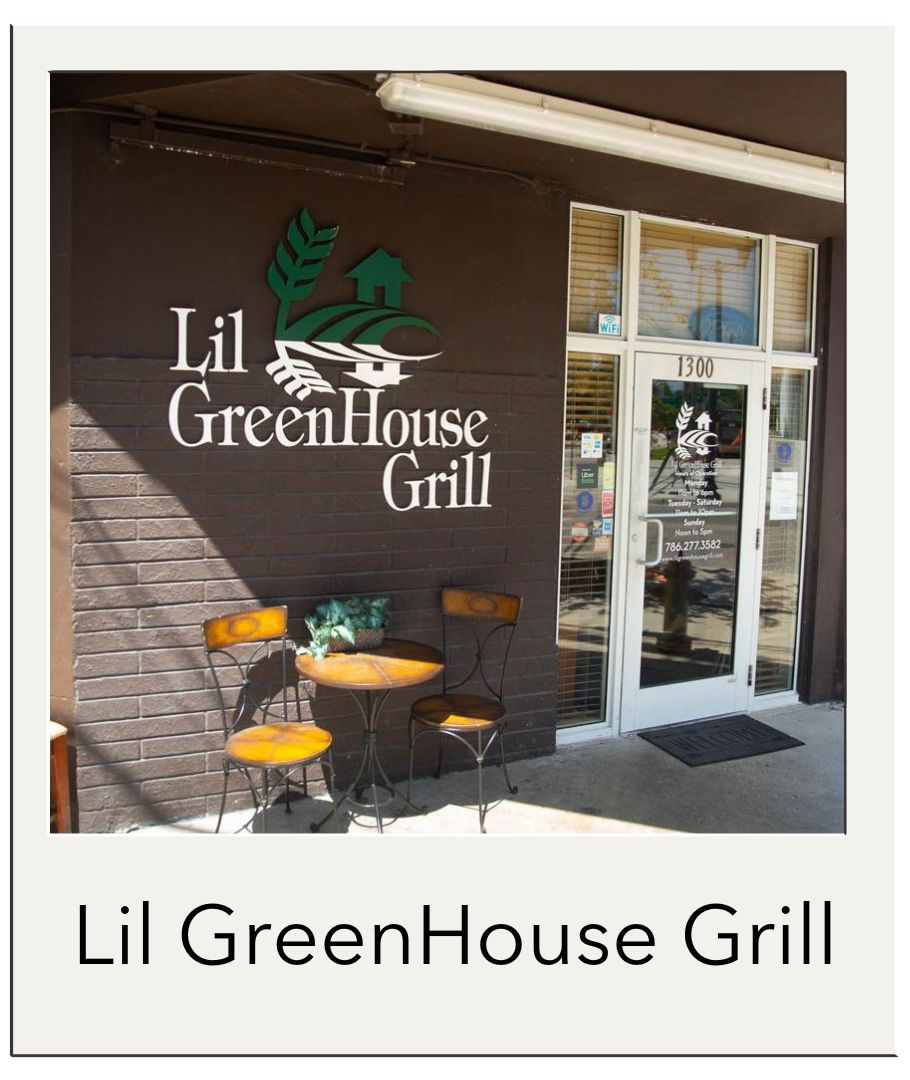
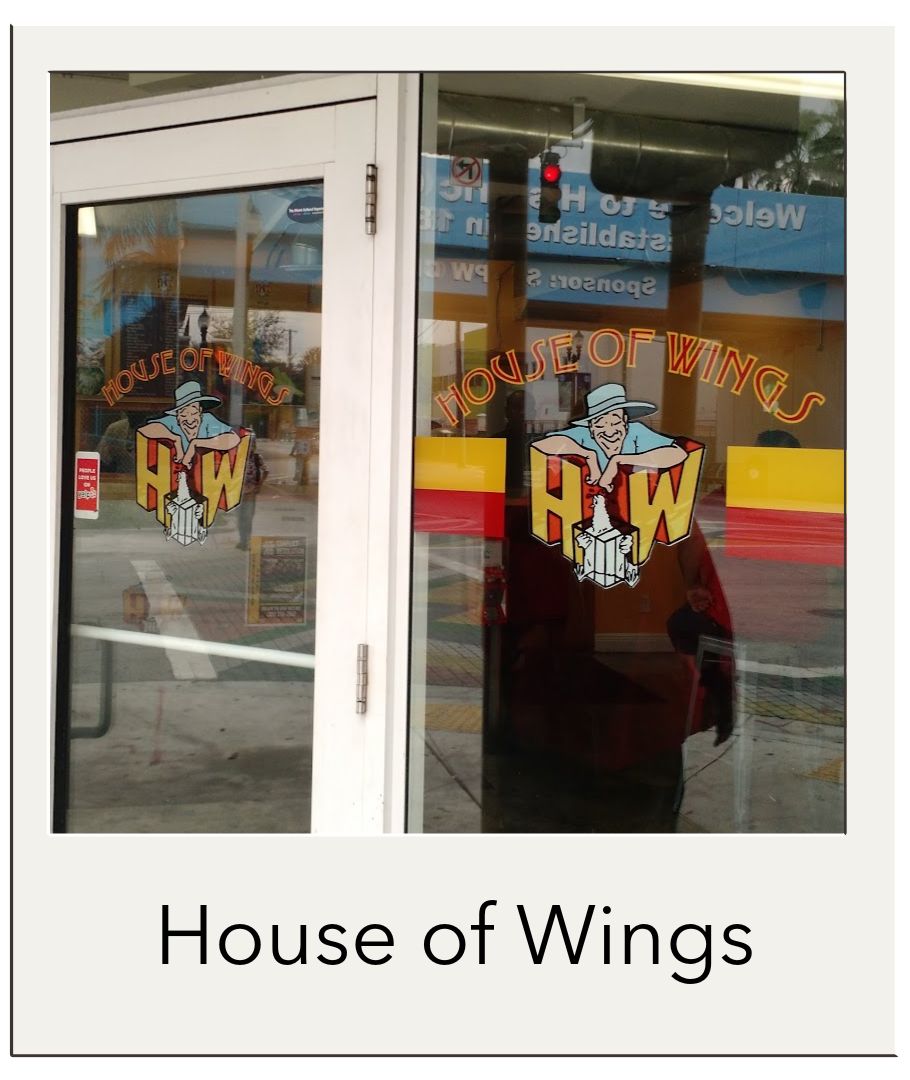
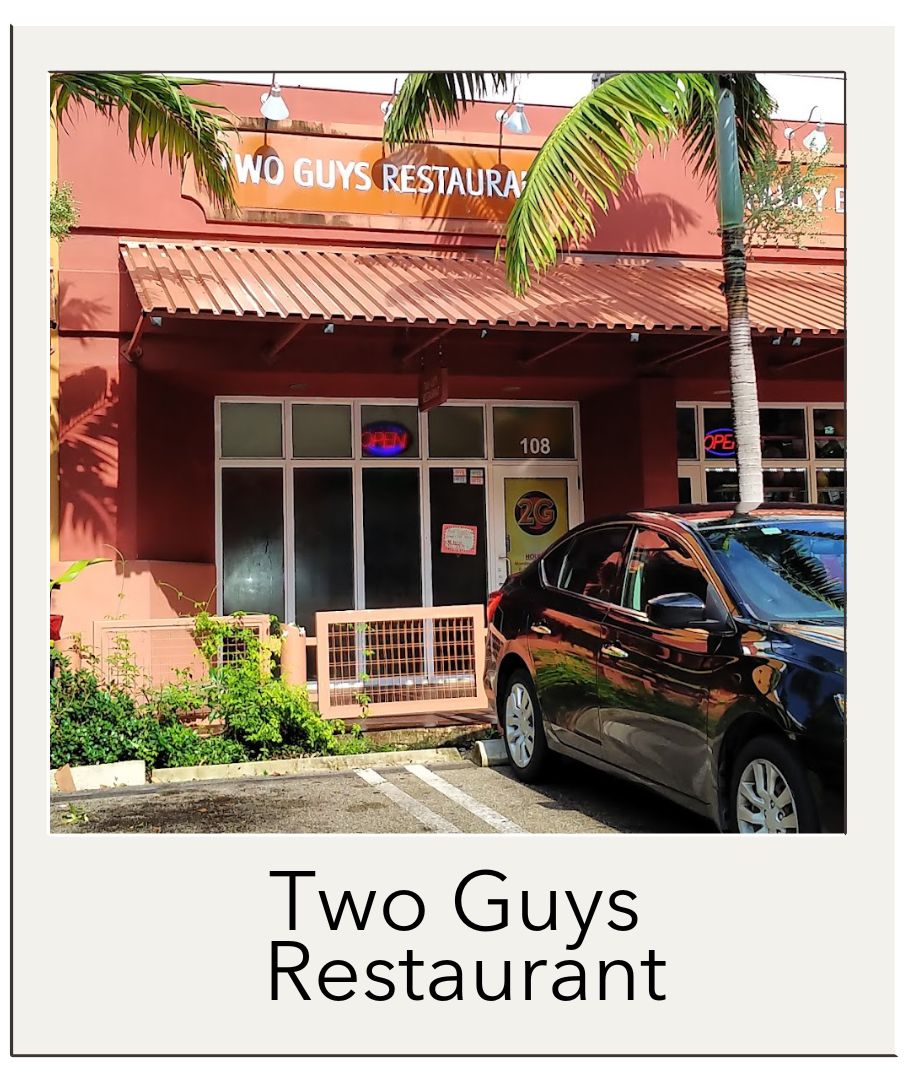
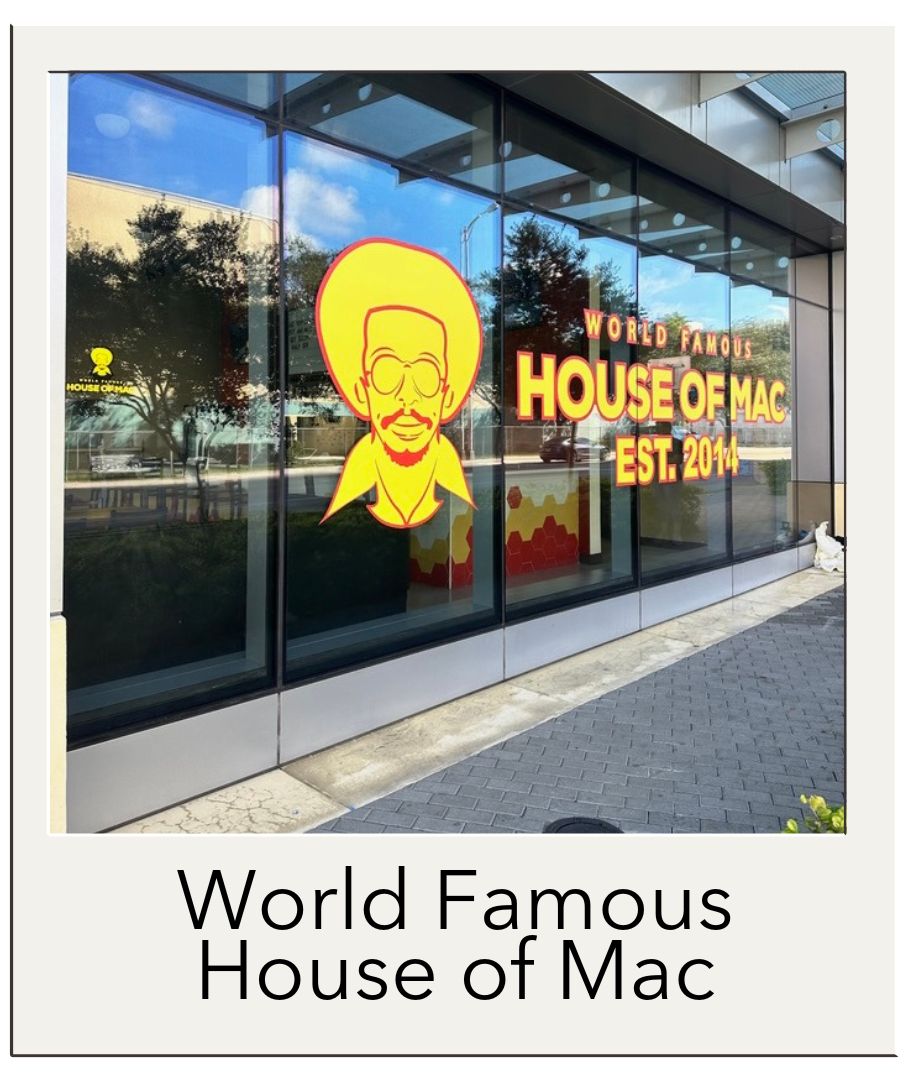
Spiritual Centers: Pillars of Strength
Historic St. Agnes Episcopal Church, The Historic Mt. Zion Missionary Baptist Church, St. John Baptist Church, and the Historic Greater Bethel A.M.E. Church—these historic churches have stood as pillars of strength, providing spiritual guidance and community support. The echoes of hymns and the warmth of fellowship have been integral to Overtown's identity throughout the years.
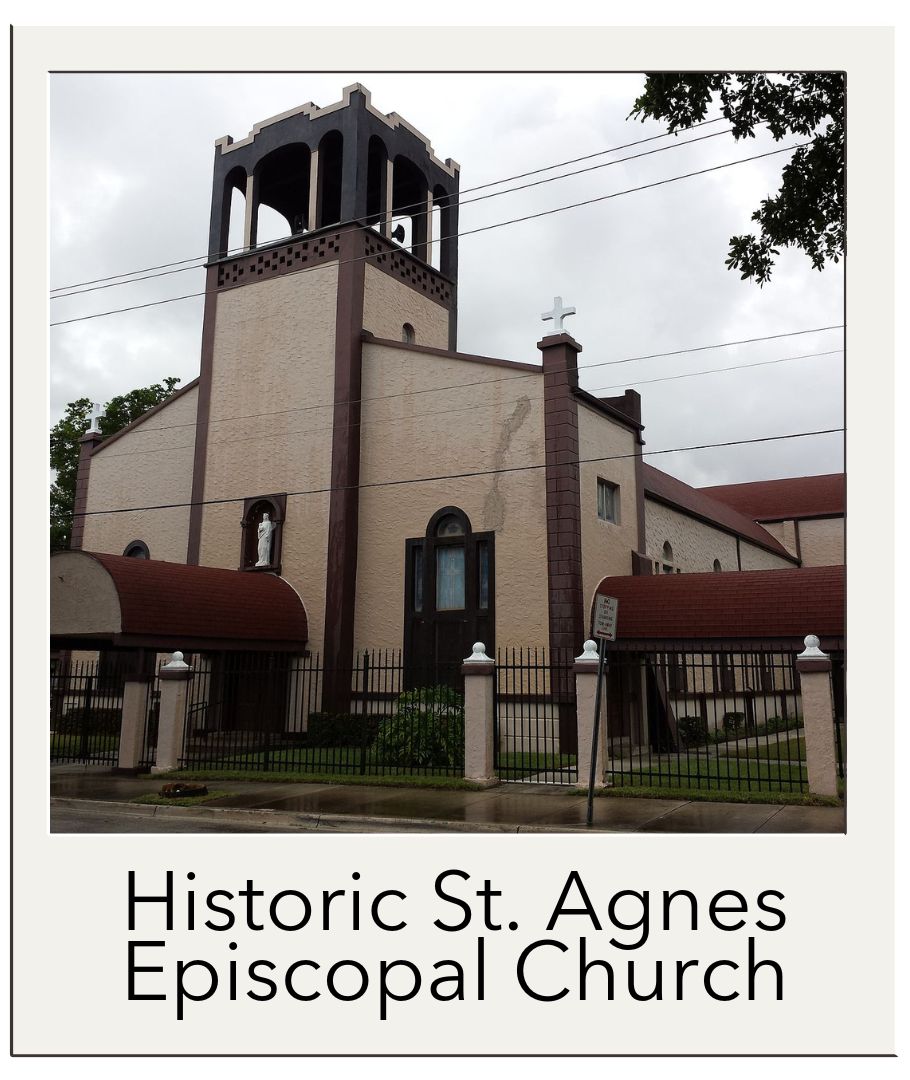
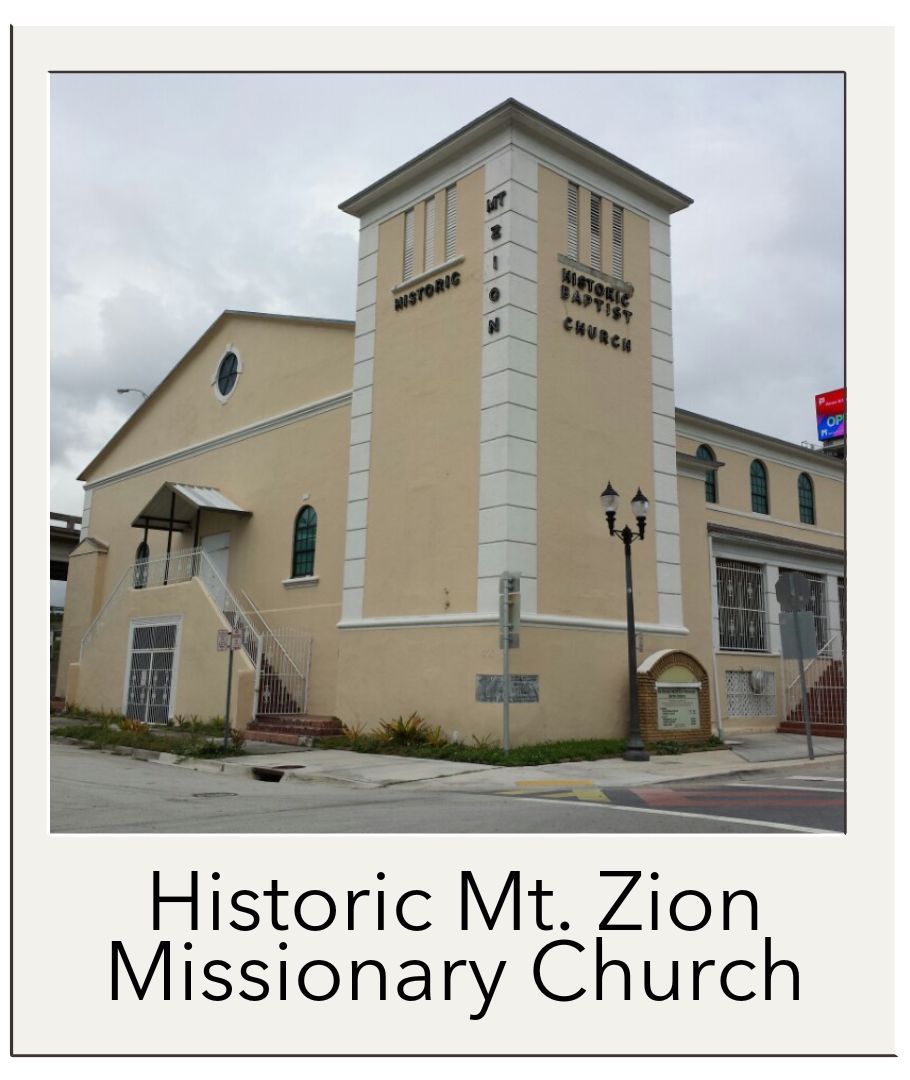
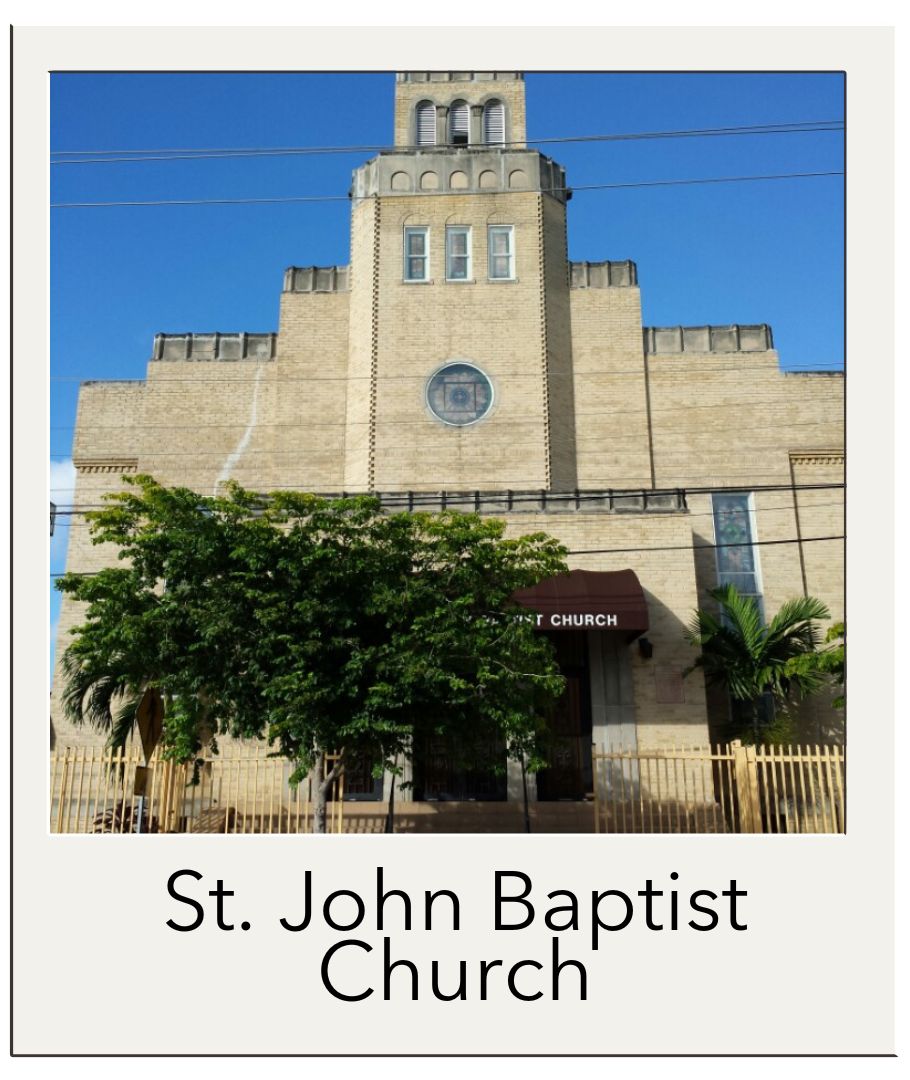
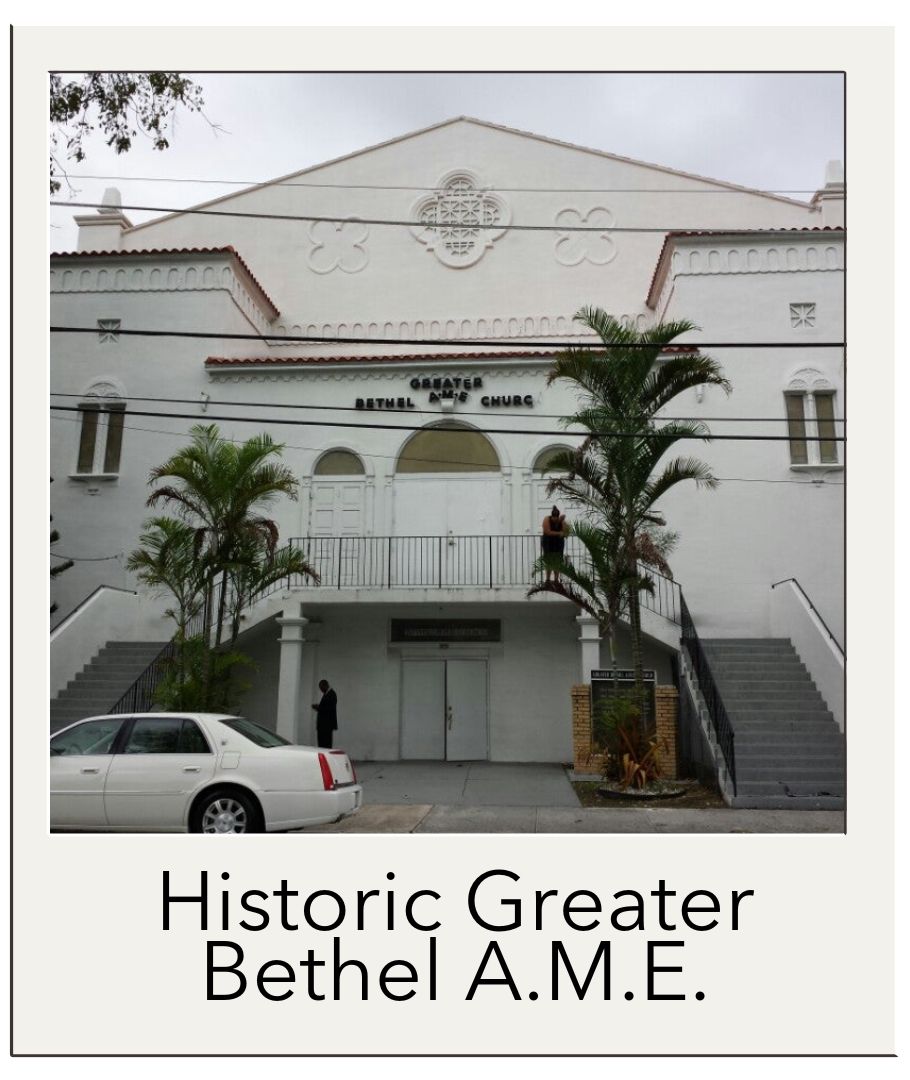
Historic Black Police Precinct Courthouse and Museum: Guardians of Justice
The Historic Black Police Precinct Courthouse, now a museum, preserves the history of Black law enforcement and its crucial role in Overtown. This institution stands as a tribute to those who served with integrity, protecting and serving the community with pride.
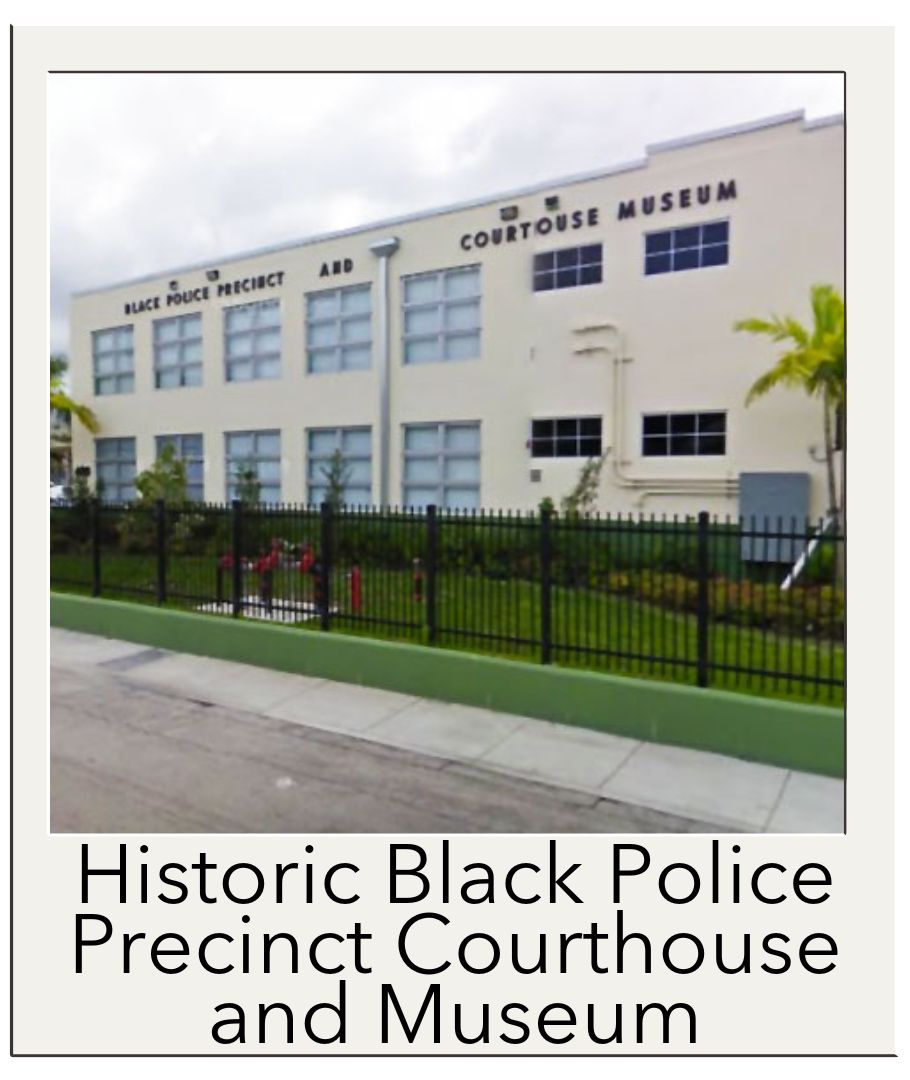
Conclusion
As we conclude our journey through Overtown's Black history, we celebrate the resilience, creativity, and strength that define this remarkable community. By exploring these landmarks, we honor the legacies of those who shaped Overtown and contributed to the broader narrative of Black history. Let us continue to appreciate, learn, and preserve the cultural heritage of Overtown for generations to come. Happy Black History Month!


